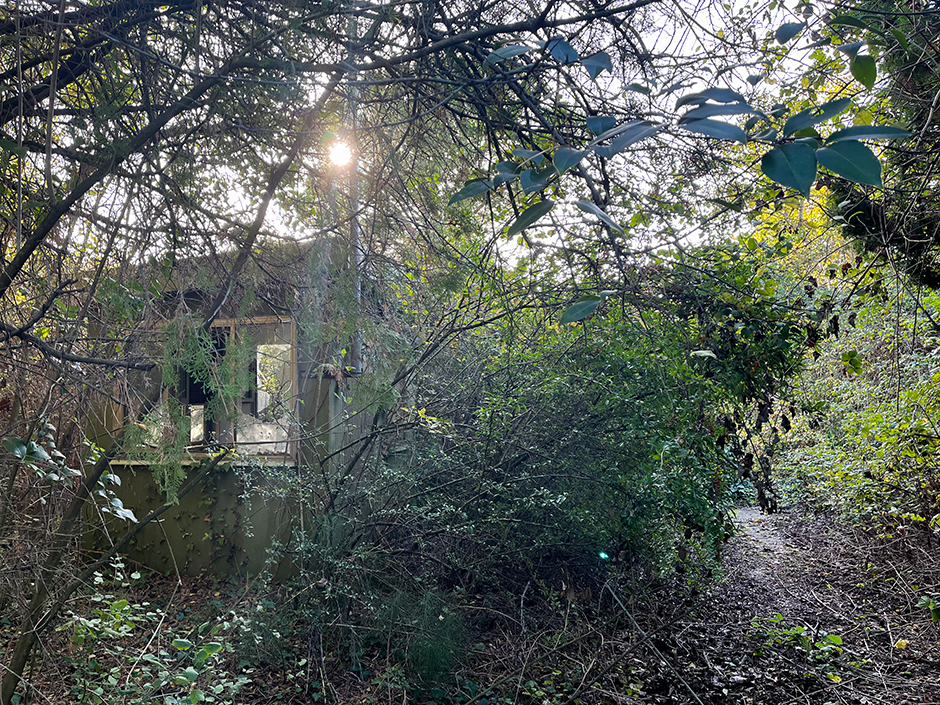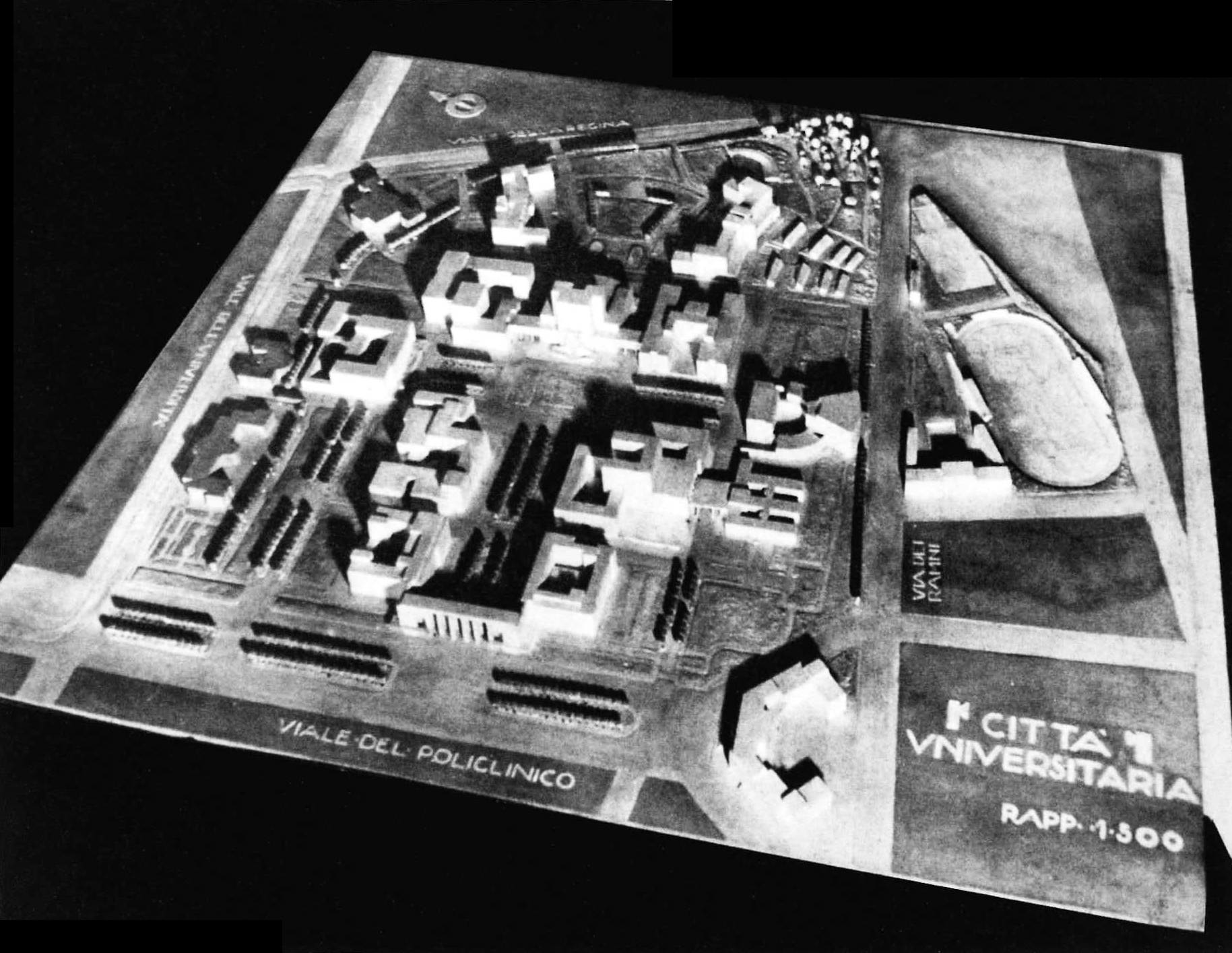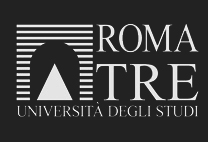THE MORAL QUESTION IN ADOLF LOOS
by Rafael Sousa Santos
It is proposed to develop a critical reading of some of the main writings of the Austrian architect Adolf Loos (1870-1933), seeking to recognise the foundations of his thinking, above all, about man as an architect and his practice. This paper is organised according to three main themes: 1. the identification of Loos with classical culture according to the concepts of beauty, truth and justice; 2. his considerations on the relationship between ornamentation, culture and society; and 3. his proposal for the reframing of architecture and the architect’s activity between the arts and crafts through the moral question.
Rafael Sousa Santos (Portugal, 1991) graduated in Architecture by the University of Beira Interior (DECA-UBI), Portugal (2013). Has his master’s in Architecture by University of Porto (FAUP), Portugal (2016), where he participates as intern in the Center for Studies of the Faculty of Architecture (CEFA). Currently he is a Ph.D. candidate in Architecture at FAUP (with supervisors from FAUP, Aalto University and Aahrus University). He has also collaborated in the curricular units of Urban Economy and Urbanistics 2 of Integrated Master’s in Architecture (MIARQ) at FAUP (since 2017).







